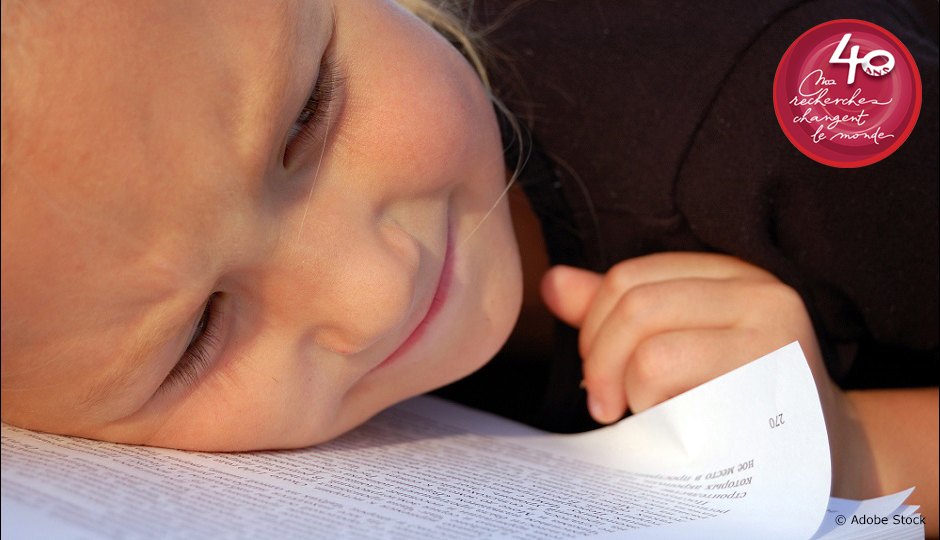
Furthermore, this difference is more significant among boys.
These are the findings of a study conducted in 24 kindergarten classes for 5-year-olds in five regions of Québec by a team of researchers led by K. Marinova, a professor at Université du Québec en Abitibi-Témiscamingue. In 2017-2018, eleven teachers known for their use of appropriate child development practices were asked to apply a PBLS model.
The symbolic play-based pedagogical model produces better results for early literacy learning.
The reading knowledge and abilities of their students were then compared with those of children in classes in which other types of instruction were used. It was found that the symbolic play-based pedagogical model produced better results for early literacy learning than other types of instruction. The PBLS model developed and validated through this research is easily transferable and inexpensive.
Based on the results of this study, and on numerous scientific publications, the researchers encourage teachers to make full use of the great potential of symbolic play for early literacy learning. They also recommend that policymakers make more room for play in education programs for young children and reaffirm the fundamental role of the play-based learning approach in kindergarten practice.
This research thus contributes to current debate over the best approach for literacy learning at the preschool level. By demonstrating the advantages of a play-based learning model, it provides support for the developmental approach.
Main researcher
Krasimira Marinova, Université du Québec en Abitibi-Témiscamingue
Deposit of the research report: June 2019
